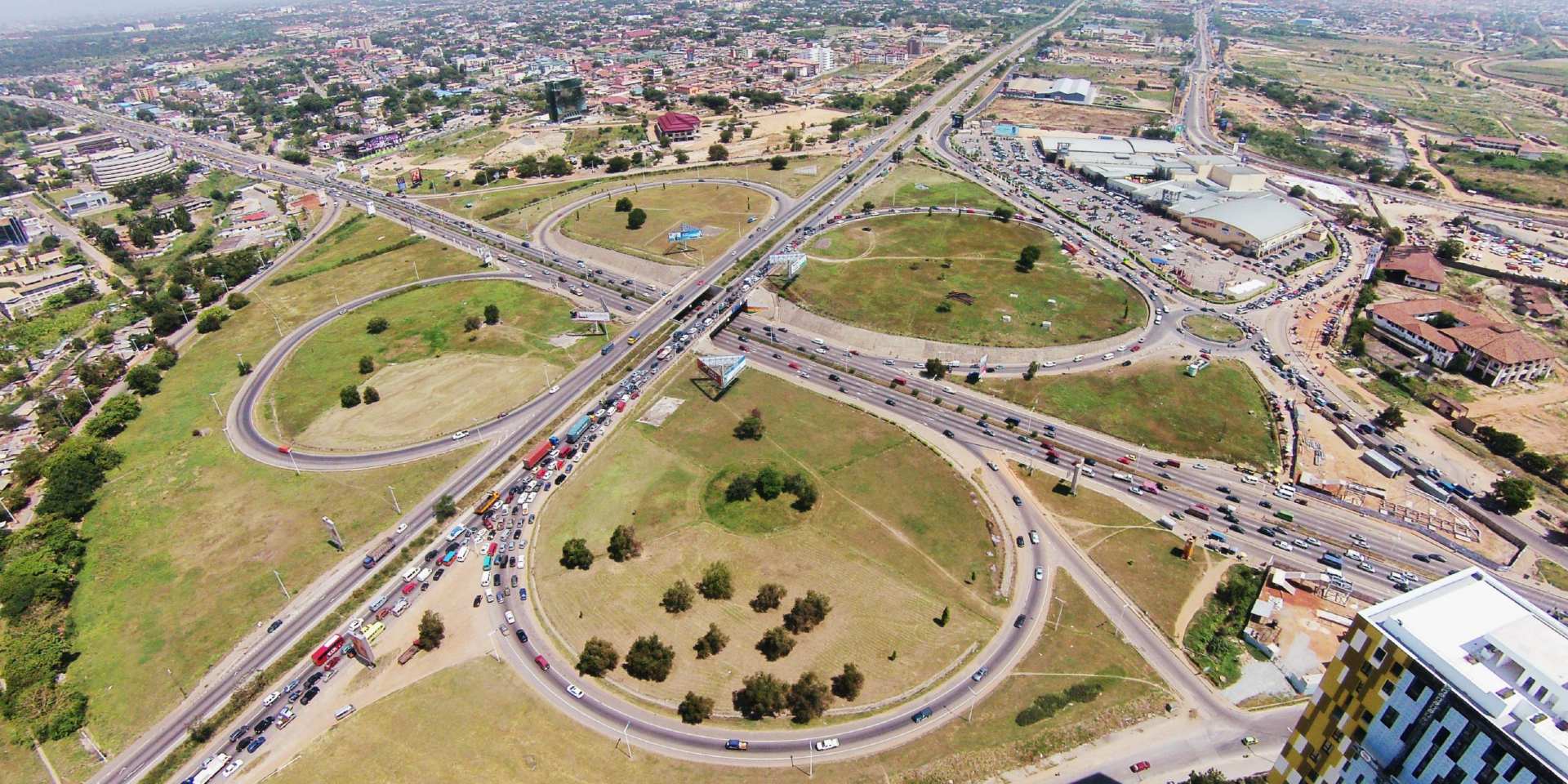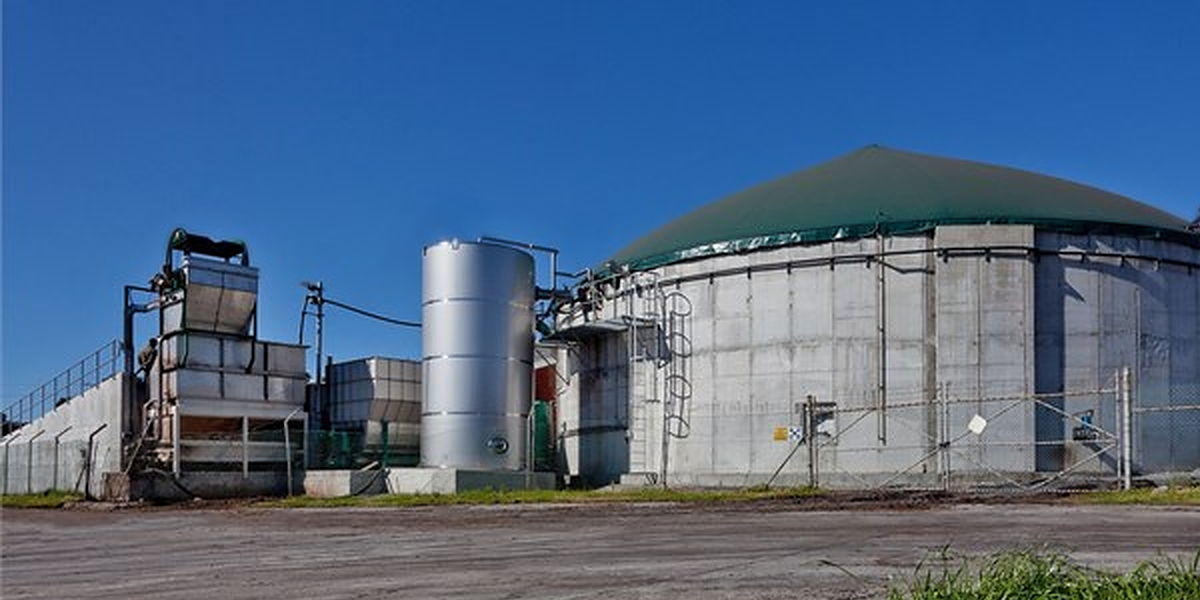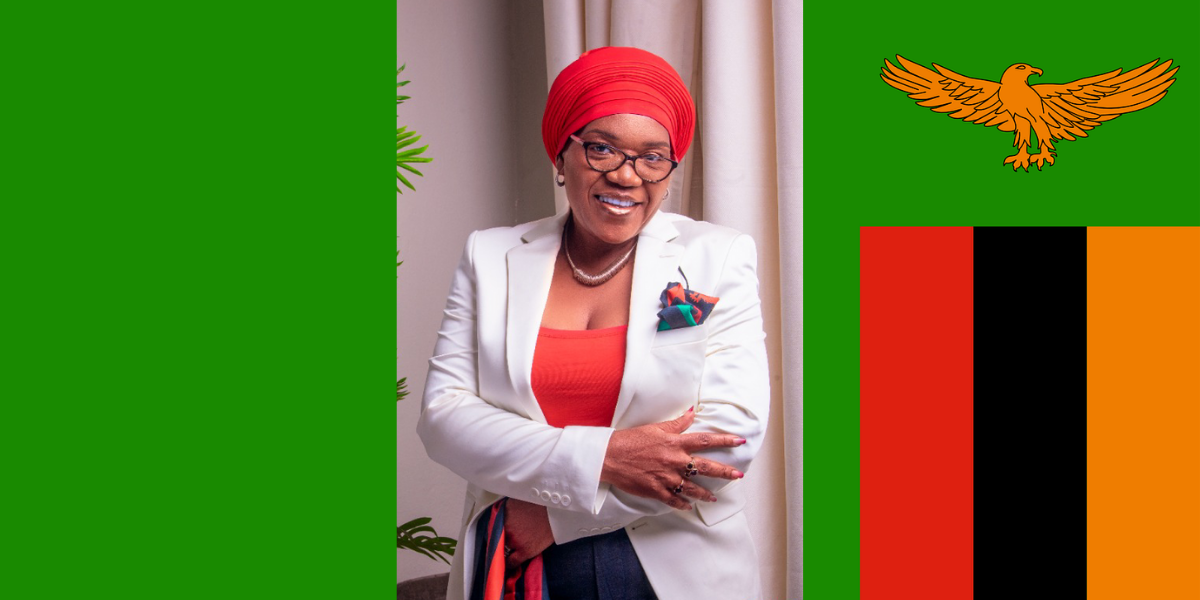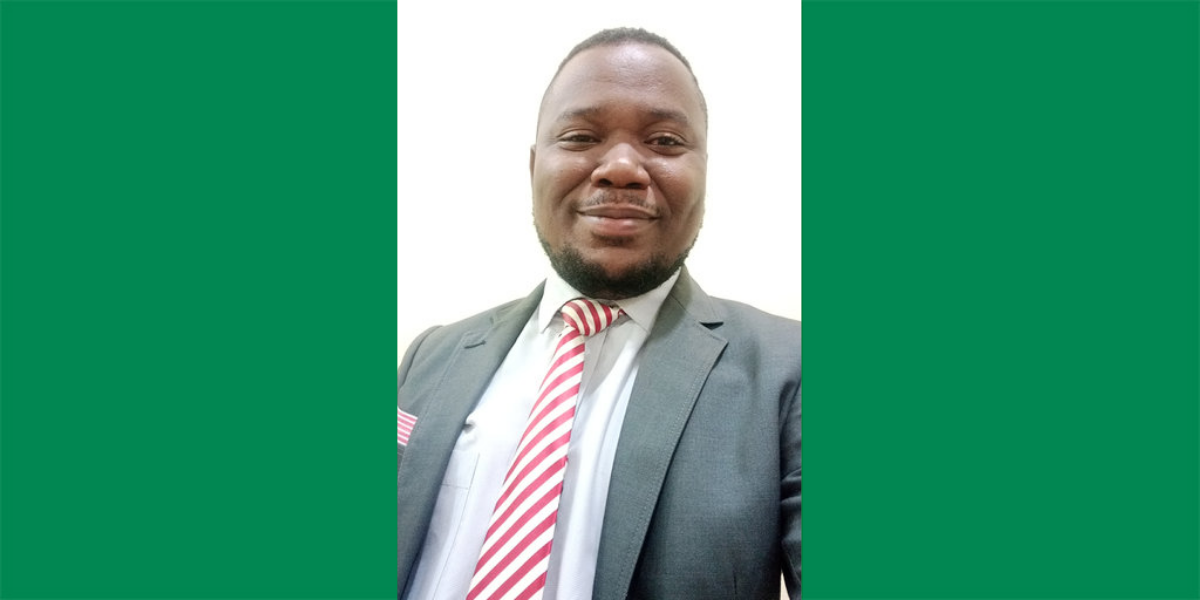
In this blog, developed from her highly commended entry to the FLOW “Write a Blog” competition”, Kathleen Burke describes her research into sustainable entrepreneurial ecosystems.
One benefit of doing research is that it encourages you to think about the ‘bigger picture’ that frames the topic you are working on. My PhD at the Stockholm School of Economics Department of Entrepreneurship, Innovation and Technology investigates the relationship between entrepreneurial networks and communities. My particular focus is to look at how the relationships that constitute RECIRCULATE are situated in the context of community, networks and the natural environment. I study how actors shape and are shaped by local resources, relationships and sustainability goals to link academic and entrepreneurial networks to communities. Sometimes though, when I am thinking about the nexus between entrepreneurship and community, it strikes me that this is a story that goes back a very long time. And it’s a story that echoes RECIRCULATE’s focus on the sustainable water economy.
If we think back through history to the move to permanent agriculture settlements, then a key innovation was altering the flow of freshwater to irrigate crops. One example is the transformation of the Fertile Crescent into a social system of farmers, fishermen, governors, scientists, philosophers, and innovators. The development of irrigation probably also transformed the civilisations of China and central America. Some of the earliest known irrigation innovations, including “pot watering” and the water-lifting device called “the shaduf”, occurred in the North Africa. I think this is fascinating, perhaps I need to speak to RECIRCULATE colleagues working on irrigation in Ghana, but don’t worry, this blog isn’t a treatise on the history of irrigation! However, I like to think that RECIRCULATE, not unlike the Nile valley or Mesopotamia, is ‘fertile ground’, in my case for studying the universal relationship between entrepreneurship and community. And water binds RECIRCULATE together despite varied research areas, fostering two way communication across actors around a central environmental theme.
RECIRCULATE is oriented around water-related challenges and opportunities facing African communities. The project’s five work packages represent networks of interdisciplinary researchers, policymakers, industry practitioners, and entrepreneurs. These networks themselves can be considered entrepreneurial, where researchers deviate from the disciplinary workflow to support scientific advancements or help connect entrepreneurs to deliver societal impact. Within RECIRCULATE, different networks have unique socio-environmental understandings or interests relating to community. These differences may reflect work package or institutional concentrations on water for health, energy, food or economic regeneration. To capture the contextual variation, my research poses the question of how these entrepreneurial network – community interactions work.
One way to address this question is through an ‘entrepreneurial ecosystem’ view. I realise that ‘ecosystem’ will mean different things to different disciplines within RECIRCULATE- in fact that use of language an interesting point of social context in itself. However, in the entrepreneurship sense an ‘ecosystem’ refers to the interconnected stakeholders in a regional entrepreneurial environment, and how interdependent actors and factors coordinate to foster productive entrepreneurship within the ‘system-level context’. The concept treats ‘social context’ in abstract terms, without unpacking the details of place, people and institutions under which communities and networks shape entrepreneurship. In the RECIRCULATE context, researchers, practitioners and communities are engaging in sustainable entrepreneurship in order to contribute to the transition to a more circular water economy. By looking at the social context in detail my research can provide insight into how and why actors join the network, and how they understand community water challenges and opportunities through engagement in the ecosystem.
In my research to date, I have interviewed many of those involved in RECIRCULATE. It has been interesting to hear their assessment of the project’s networks. One informant defined these as “communities of diverse expertise, experience and activities, and representative of many sectors and disciplines… RECIRCULATE formed a network of administrators, businesspeople, entrepreneurs, journalists, policy experts and decision-makers, as well as academics and researchers.” Some informants go one step further and refer to RECIRCULATE as a “family”.
One feature of RECIRCULATE highlighted in interviews is the communal commitment to working with, in and for African communities. According to one informant, this goal “depends completely on the two-way flow of understanding, information and knowledge between community members and researchers”. Other informants mention research outputs in relation to community end-users, whereby both parties inform the research and entrepreneurial processes to generate ideas should translate to products and services that “benefit the community”. Community has been described narrowly and more abstractly, relating to researchers, practitioners, or an “ecosystem of stakeholders driven by regional and local obstacles”. Others have suggested that “collective intelligence” is an attribute of the project. As a network, one informant attributes RECIRCULATE to inspiring individuals to impact their organizations and communities or, expressed more practically, RECIRCULATE offers a “platform where academics and entrepreneurs can share success stories and collaborate”.
The individual perspectives on networks and communities that are emerging from my interviews can help to understand how actors are engaging with this context in their everyday practices. In the entrepreneurial ecosystem, the network – community interactions accumulate to provide support, develop interdependent relationships, and work toward sustainability goals. The nature of the interactions can shed light on the strength of relationships across the ecosystem, despite underlying diversity. Concentrating on contextual nuances can foster understanding of how entrepreneurial ecosystems can emerge and become embedded in a society to bring about sustainable synergies between networks, communities and the natural environment.
Coming back to the ‘bigger picture’ framing my research, I can’t help wondering about what contextual nuances might have applied thousands of years ago when irrigation innovations where first emerging, but the real question is very much in the here and now. How can better understanding of entrepreneurial ecosystems support innovation in the circular water economy that we need to deliver the sustainable development goals? If all goes well, my PhD will deliver some answers to that question.
 |
Kathleen Burke is a PhD student at the House of Innovation within the Stockholm School of Economics. She is interested in the promise of entrepreneurial ecosystems as a way to organize solutions to water-related and environmental challenges. Her research is focusing on the role of community, local context, and institutions in shaping entrepreneurial practices and mindset. To investigate the entrepreneurial ecosystem concept, Kathleen is engaging with Recirculate WP1 to understand the diverse perceptions, motivations, and understandings of various project members on the way networks and community merge to achieve transformative structural change outlined in the UN 2030 Agenda for Sustainable Development. Kathleen holds a BA in Economics from Hobart and William Smith Colleges and a MA in Latin American Studies with honors in International Business Diplomacy from Georgetown University’s Walsh School of Foreign Service. As a member of the 2017 cohort of Wallenberg International Fellows, Kathleen is passionate about international knowledge networks and the role of academics in the wider community. She is also part of the Mistra Center for Sustainable Markets (MISUM) and works as a teacher’s assistant at SSE. |
All articles in The FLOW are published under a Creative Commons — Attribution/No derivatives license, for details please read the RECIRCULATE re-publishing guidelines.




